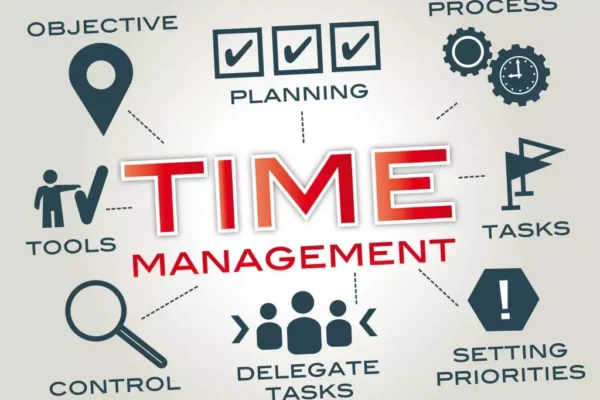
Self-esteem is how we value ourselves — thoughts and stories that provide the running commentary about the kind of person we think we are. If that inner-voice is always saying things like “I’m no good” or “I do everything wrong” or “No one likes me,” then a poor self-regard might well be impacting other aspects of your life and relationships.
Ways to improve self-esteem
A good approach to start building self-esteem is to recognize that thoughts are just that, thoughts. Not facts. Not universal truths. They hold no weight except for the weight you choose to give them. So if you can learn to experience thoughts without identifying with them, or allowing them to shore up storylines around your likeability or worth, you will be taking the first steps toward freeing yourself from negative self-esteem.
You can try a specific meditation for self-esteem or just begin a mindful meditation habit. As for other ways to improve self-esteem, here are a few suggestions:
Keep a journal. It’s best to do this at the start of your day. Write down what you’re struggling with, paying particular attention to any negative thoughts about yourself or your life. Then, instead of focusing on the negative, emphasize the good things about yourself that you and others notice — this reframes the rest of your day. Just make sure you write for 15-20 minutes a day at least four days a week. That’s the amount of time researchers who have studied how writing about our emotions can reduce anxiety and despair and improve our relationships with ourselves and others recommend.
If you’re looking for specific journaling prompts to help you improve self-esteem, try these: What are five situations that make you uncomfortable and why, and what are five ways you can make those situations more comfortable? What motivates you? When did you last feel bliss and what was that experience like? Who do you look up to and why? What kind of activities make you feel fulfilled and which new ones would you like to try?
Start a daily meditation habit. Meditation can help separate your thoughts from your sense of self-worth and self-esteem, and getting started has never been easier. Headspace makes it easy to start a daily meditation habit, and can help you create a less-judgmental inner life by finding space in your mind to observe, but not engage with, self-critical thinking. Learn more about meditation for self-esteem.
Engage in self-compassion. Learning to engage in loving-kindness and compassion can help us let go of hostility or judgment directed at both ourselves and others. Try compassion meditation, which research shows reduces anxiety and improves well-being, to learn how to be kinder and more forgiving to yourself. Write a letter to yourself as if you were writing to a friend who was struggling to stop engaging in self-criticism, or leave yourself a sticky-note reminding yourself that you have permission to make mistakes or have bad days and to be kind to yourself.
Affirm your good qualities. If you struggle with low self-esteem, try seeing yourself from someone else’s perspective. Write down a list of the compliments other people in your life have told you or the ways in which you’ve done objectively well — getting a promotion at work, scoring your team’s only goal at your last soccer game, coming in under budget for the third month in a row. What do those accomplishments, as big or as small as they may be, say about you and all that you can do?
Learn something new. As you are learning how to foster self-esteem, an important step to take is in trying new things and giving yourself space to fail at them. If you can start with a beginner’s mind, one that recognizes that you’re doing something you’ve never done before and can approach it without expectations, you’ll find wonder and curiosity, instead of self-criticism and disappointment, in the approach, regardless of the outcome. You can take a drawing class, choose a new recipe to try, pick up a crochet needle and some yarn, or learn a new coding language. Just approach the new activity with an appreciation for the opportunity to attempt it, instead of preconceptions of whether you will or won’t do it right.











